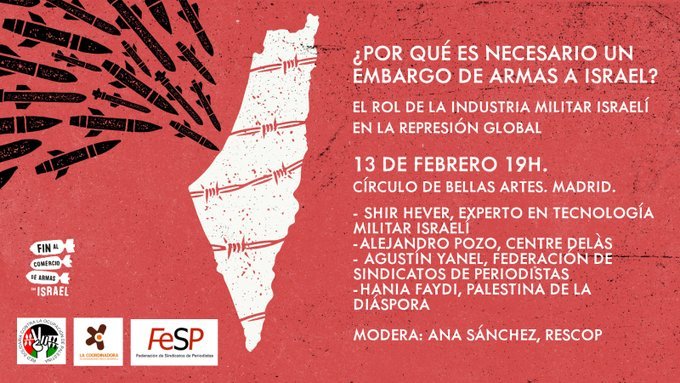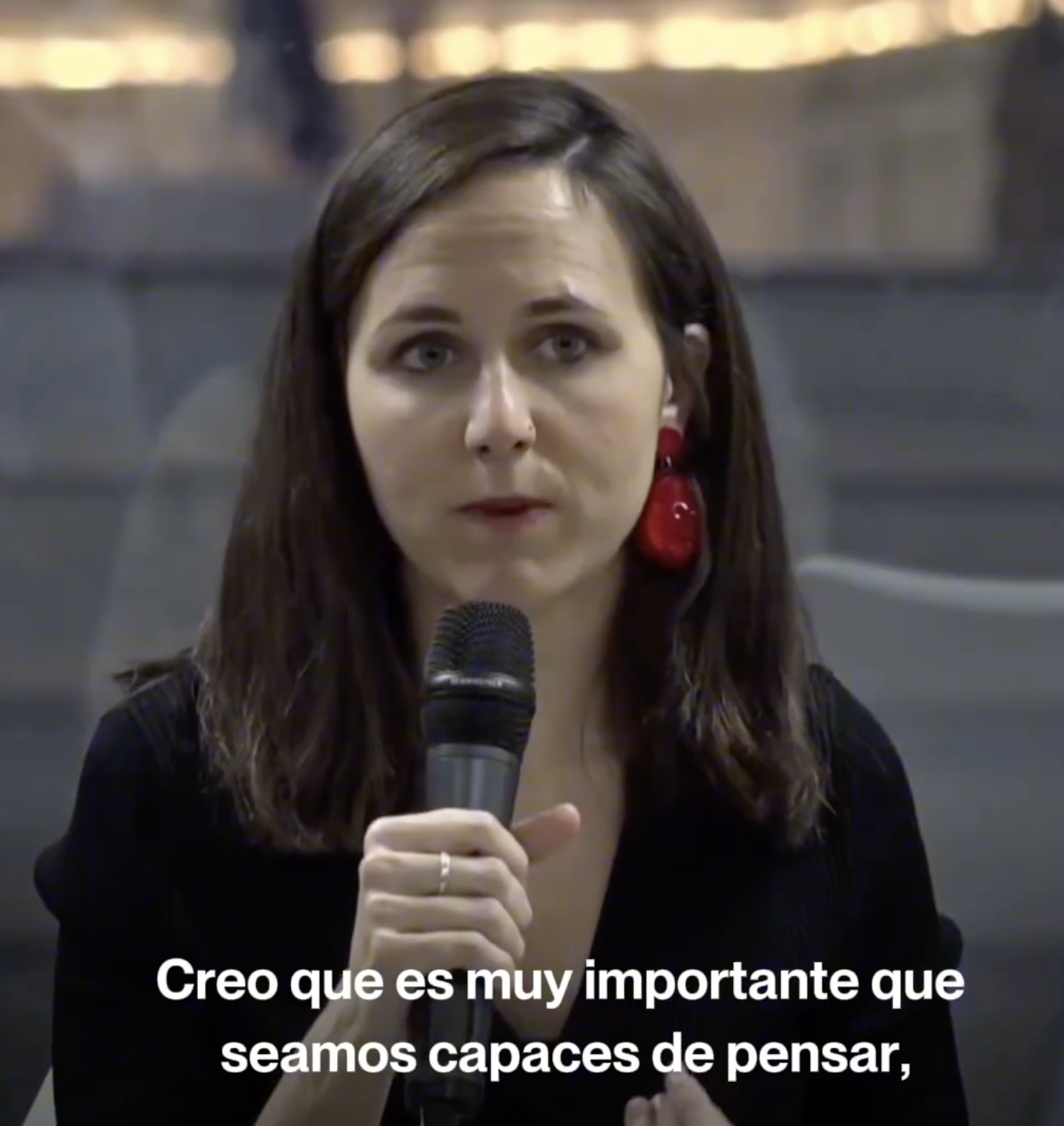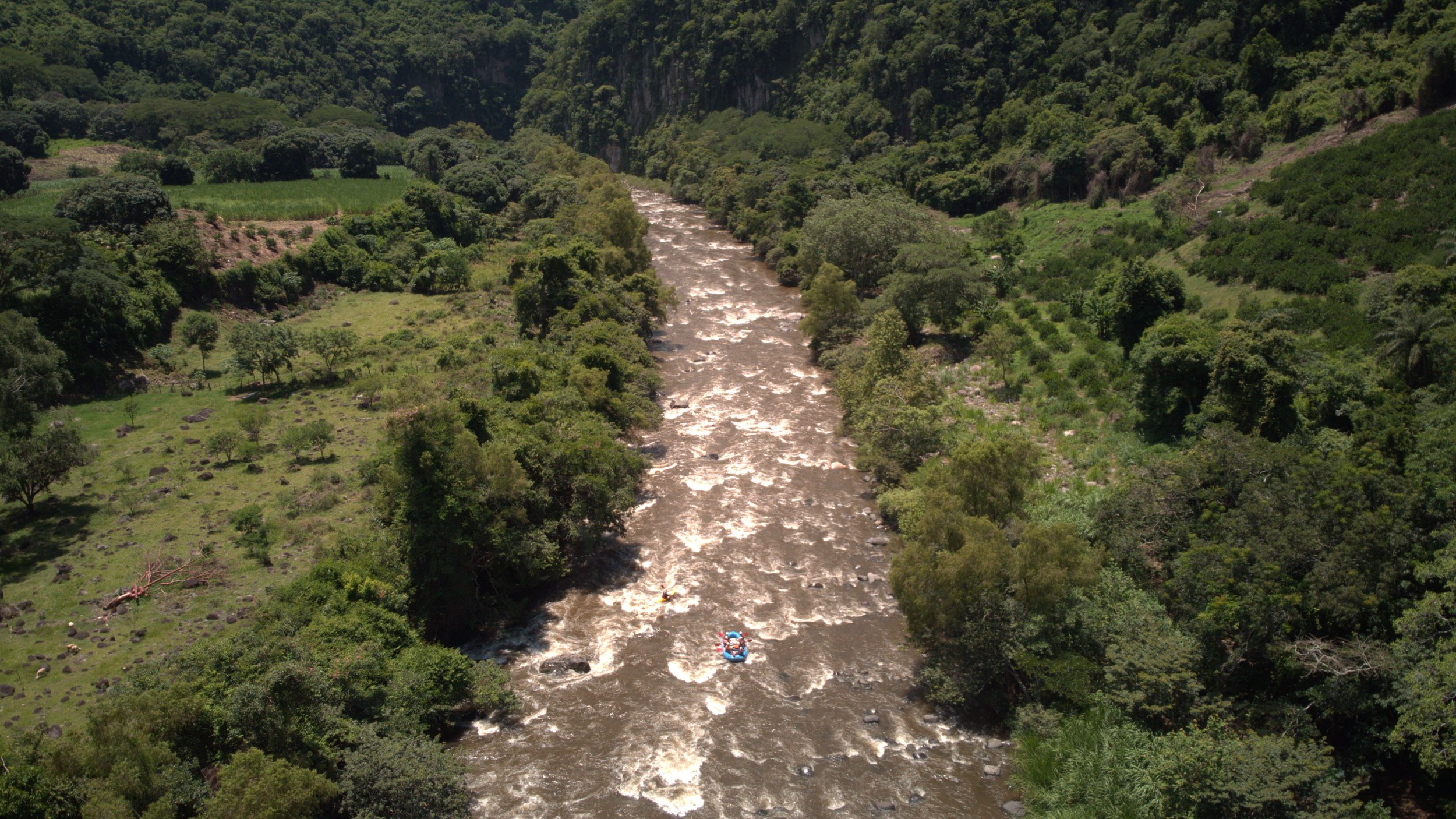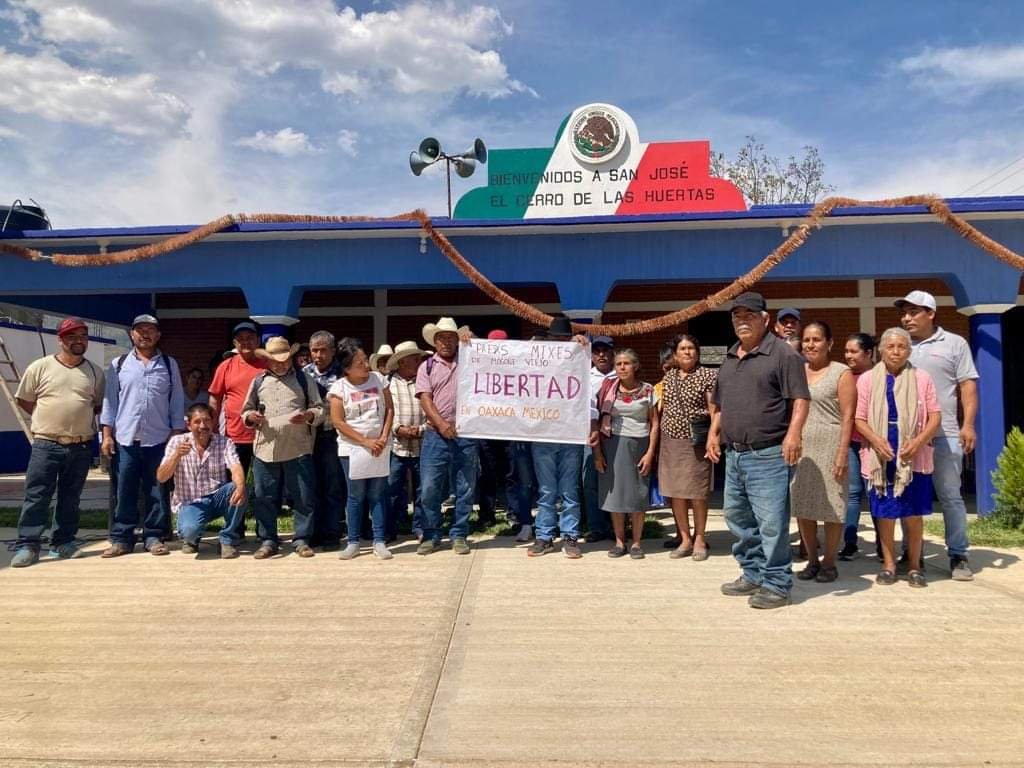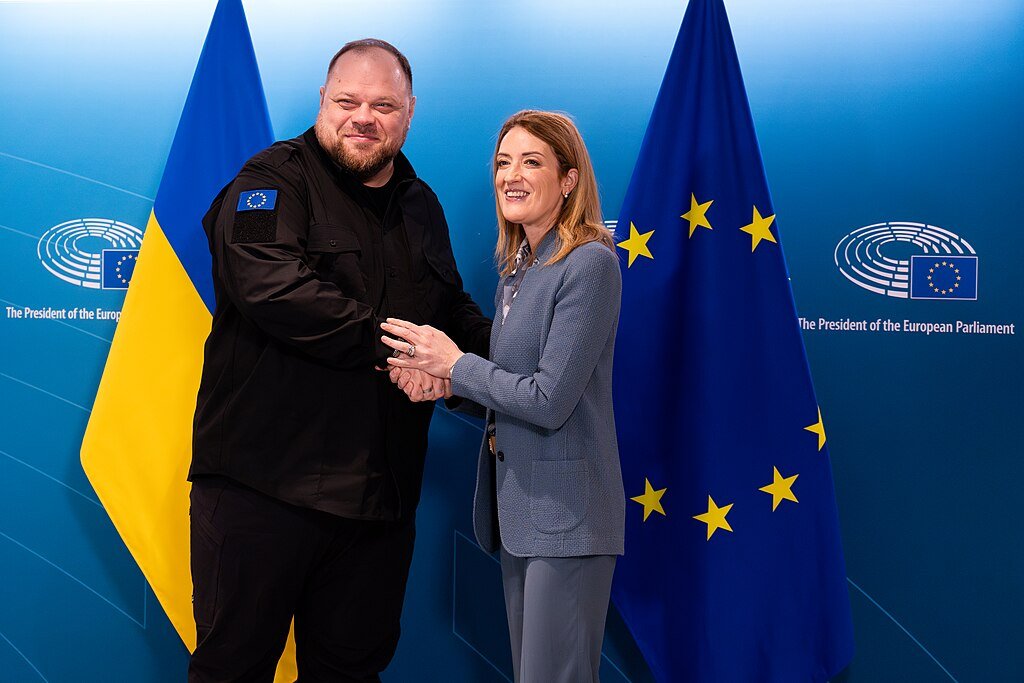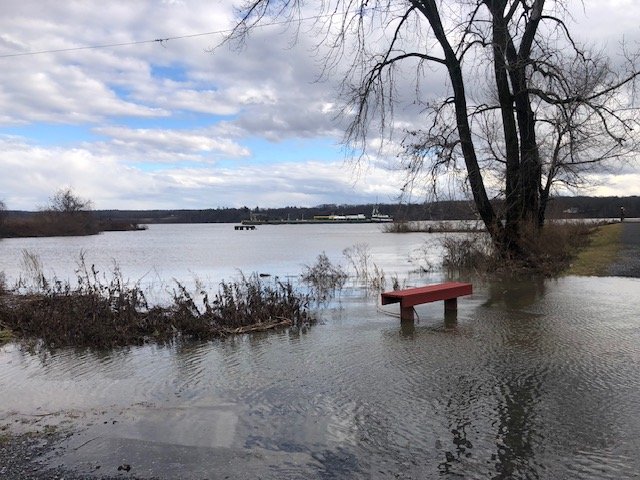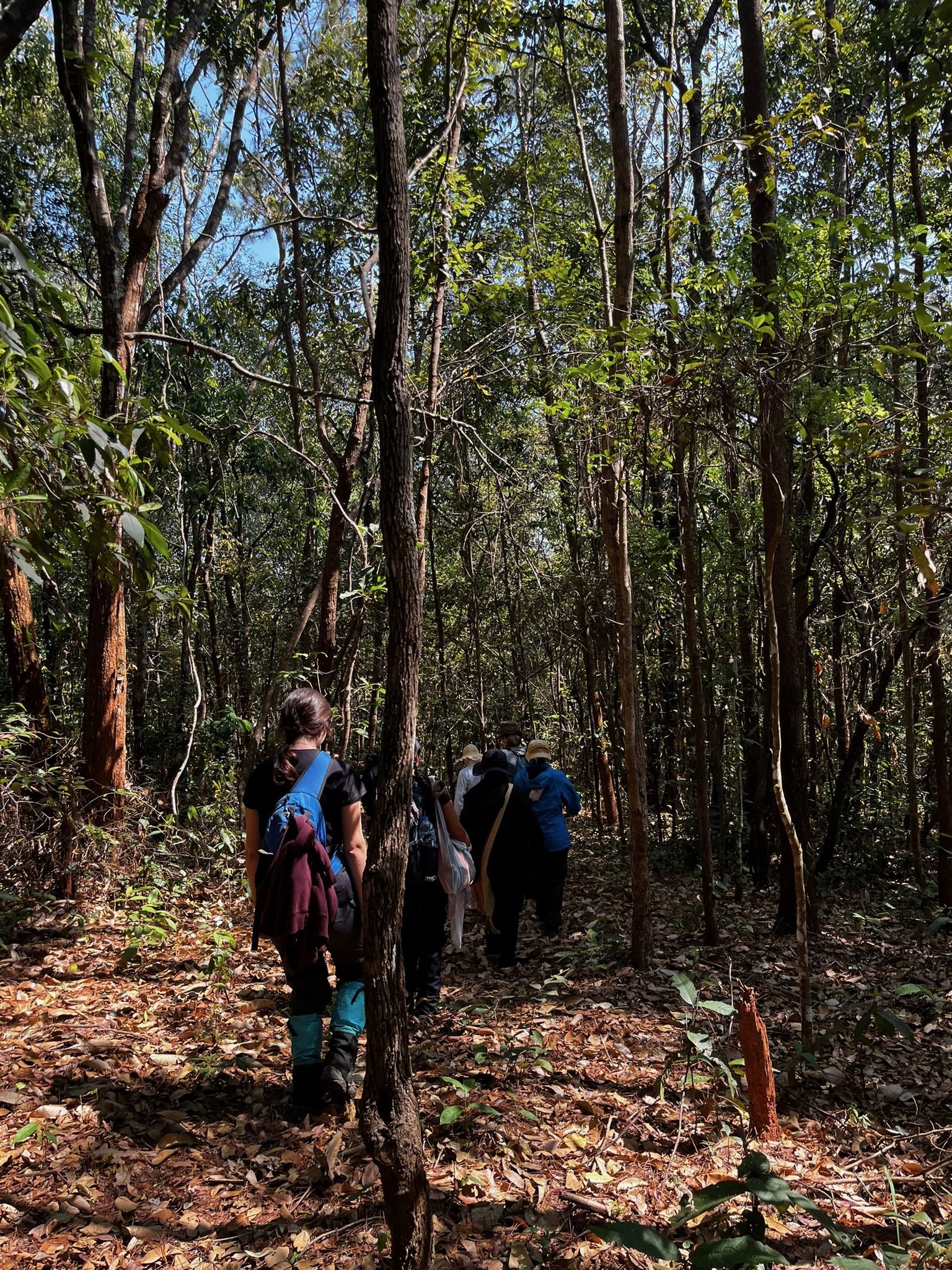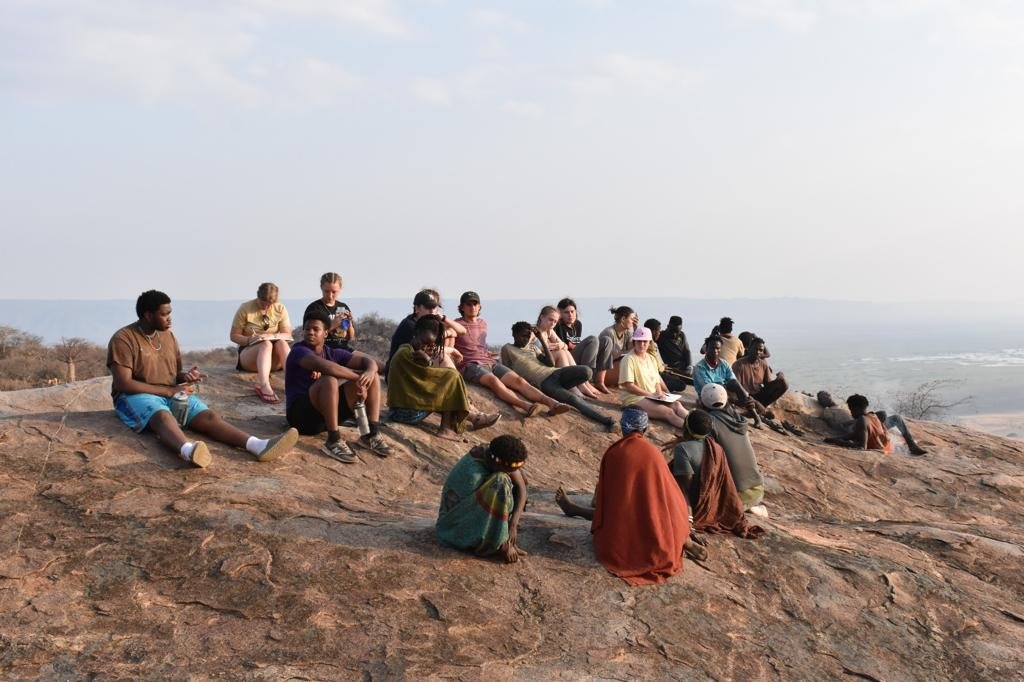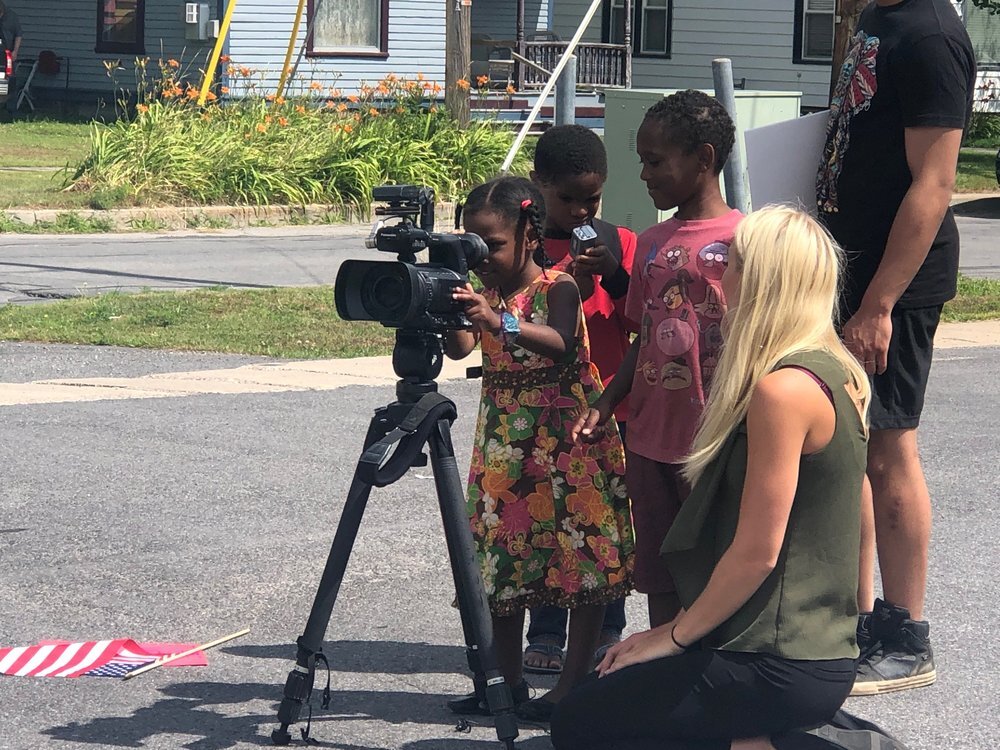
Stories
News
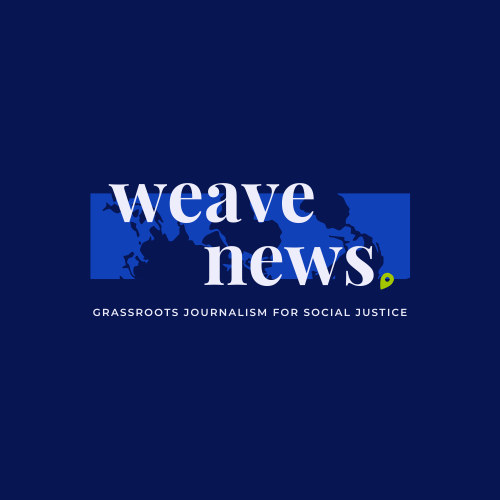
Analysis
Voices
Podcast
Announcements
Events

All Stories
Are Comparisons of South Africa and Israel Useful?
By Jon Soske and Sean Jacobs
This post is part of our project, Holot: Crossroads of Global Violence. It was originally published by Mondoweiss and is reprinted here with permission of the authors.
The South African Nobel laureate J.M. Coetzee has a habit of speaking in rhetoricals. The effect, however, is that he makes his point quite clearly. This was the case recently at the Palestine Festival of Literature, which travels through Israel and the occupied Palestinian territories. Speaking on the festival’s last day, Coetzee noticed that “naturally people ask me what I see of South Africa in the present situation in Palestine.”
At first, Coetzee suggested that using the word apartheid to describe the occupation is not a productive step (“it diverts one into an inflamed semantic wrangle which cuts short the opportunities of analysis”). Coetzee then offered a definition of South African apartheid: “Apartheid was a system of enforced segregation based on race or ethnicity, put in place by an exclusive, self defined group in order to consolidate colonial conquest particular to cement its hold on the land and natural resources.” He continued, “In Jerusalem and the West Bank we see a system of …” and proceeded to read the same definition, ending to applause: “Draw your own conclusions.”
Silent Voice From Holot: Episodes 8-9 (Video)
By John Collins
In the 8th and 9th episodes of the Silent Voice From Holot series, Ali speaks with some of the other African asylum-seekers who are being held in the Holot detention facility.
Silent Voice From Holot: Episodes 6-7 (Video)
By John Collins
In the 6th and 7th episodes of the Silent Voice From Holot series, Ali explains the process of how asylum seekers are summoned to Holot and gives us additional information about the regulations of the Holot detention center.
Big Questions with Riccardo Petrella
By John Collins
This past August the city of Montreal hosted the 2016 World Social Forum, a major international gathering of activists, NGOs, and other concerned citizens who are committed to building a better world through grassroots action. With assistance from Jacques Brodeur, a media activist and board member of the Action Coalition for Media Education, Weave News was able to interview one of the most prominent featured speakers at the event: Riccardo Petrella, the Italian scholar and activist who for more than two decades has been at the forefront of efforts to recognize water as a human right. Following his lecture on Petrella was gracious enough to sit down with John Collins of Weave News and Shane Rogers, an environmental engineer from Clarkson University, to answer some of our Big Questions. In each case his answer was precise, thoughtful, and provocative.
Reflections on the Murals of Gonzalo Borondo
By Rebecca Clayman
Since returning from Rome, where I reported for the Weaving the Streets and People’s History Archive (WSPHA) project this past spring, I find myself closing my eyes and allowing a wave of visual memories to wash over my mind. After living in such a visually captivating place there are an endless number of picture perfect moments to recall, but the images I am most enchanted by are ones that surprised me. Instead of reminiscing about the Pantheon saturated in afternoon sunlight, I think back to the images I felt most challenged or shocked by.
Silent Voice From Holot: Episodes 4-5 (Video)
By John Collins
In the fourth and fifth reports in the Silent Voice From Holot series, Ali provides some information on how the detention center is structured and gives us a look inside one section of the facility.
Interweaving: Somdeep Sen on Race, Fieldwork, and Colonization in Israel/Palestine
By John Collins
As part of our occasional series of “Interweaving” conversations, I recently had the opportunity to interview Dr. Somdeep Sen, a Weave News blogger and postdoctoral researcher at the University of Copenhagen, regarding a number of issues related to his field research in Palestine/Israel. Our conversation touched on his experience of the politics of race and violence while in the field as well as his first-hand observations from Jerusalem and the West Bank regarding the current state of Israel's settler-colonial project.
Silent Voice From Holot: Episodes 1-3 (Video)
By John Collins
Silent Voice From Holot is a citizen journalism project featuring short videos made by asylum-seekers being held in the Holot detention facility in Israel. All videos will be featured here on the Weave News website, on our YouTube channel, and on the Silent Voice From Holot website. In this post we feature the first three episodes of the series. Ali, an asylum-seeker from Darfur (Sudan) and Weave News contributor, introduces us to the detention facility and the reasons why the asylum-seekers have found themselves living there.
Public Art in Rome: William Kentridge's "Triumphs and Laments"
By Rebecca Clayman
On the night of Friday April 22nd crowds gathered along the banks of the Tiber River in anticipation of the evenings performance. While on a typical Friday night the surrounding neighborhood would be filled with pedestrians filtering their way to and from popular bars in the lively neighborhood Trastevere, but on that particular night crowds gathered waiting to witness the unassuming walls of the Tiber River transform into a once in a life time theatrical experience.









